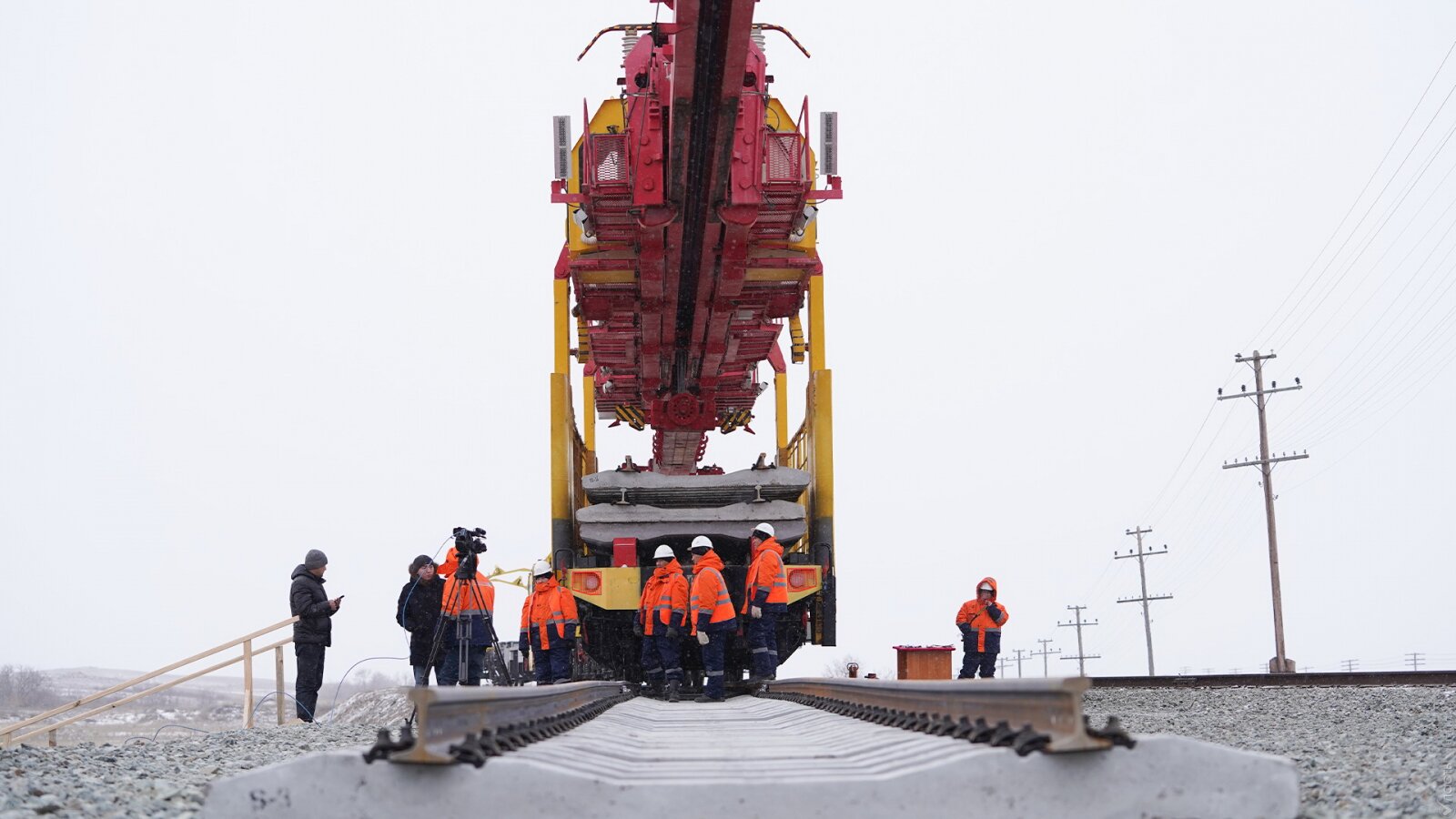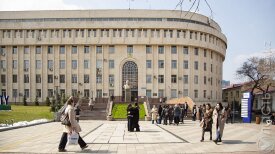Two striking oil workers were hospitalized on December 22, their 12th day of protest, after their health worsened. Around 500 workers at the oil service company West Oil Software said they were dissatisfied with work conditions and salaries and stopped work. On December 20, the local prosecutor started a criminal investigation against the oil workers for “actions provoking continuation of the strike”. A local court had earlier deemed the strike illegal.
The Supreme Court upheld on December 19 a verdict that posthumously sentenced four victims of Qandy Qantar (Kazakh for ‘Bloody January’, the violent repression of urban protests in 2022). Relatives of the four men, who were killed in the southern city of Taraz, say they had repeatedly shown video evidence and testimonies about their innocence.
The Atyrau regional prosecutor said on December 20 it levied a fine against two companies in the oil and gas sector for environmental violations. The message from the prosecutor notes that the two companies that were fined were Tengizchevroil (the joint venture between US Chevron, ExxonMobil, Russia’s Lukoil, and state-owned Kazmunaigas) and Karabatan Utility Solutions (a subsidiary of the national holding Samruk-Kazyna), and only disclosed that the total fine between the two amounted to 10.7 billion tenge ($23.3 million).
Ural Oil and Gas, a joint venture between Kazmunaigas, China’s Sinopec, and Hungary’s MOL, kick-started operations at the Rozhkovskoye gas condensate field in the West Kazakhstan region on December 21. At a maximum annual capacity of around 1 billion cubic meters of gas, the field would represent around 1.8% of Kazakhstan’s total gas production.
Alibek Kuantyrov, the minister of economy, said on December 20 that “not a single active company” in Kazakhstan is under Western sanctions. Two companies registered in Kazakhstan are currently under sanctions for their ties to Russian entities, but they are inactive. The minister also added that the Elem Group company, which trades electronic and telecoms equipment and was found shipping dual-use goods to Russia, is under “certain restrictions” issued by the ministry of trade.
A joint investigation by Vlast, OCCRP, and IStories unveiled that Kazakhstan and Uzbekistan have sharply increased exports of cotton pulp to Russia since 2022, effectively contributing to its war effort against Ukraine. Cotton pulp can be used for the production of gunpowder and exports from Kazakhstan and Uzbekistan supply Russian military plants that are under Western sanctions.
Kazakhstan is on track to attract $27 billion in foreign direct investment (FDI) in 2023, the government said in a report published on December 18. The figure would be 3.6% lower than last year, despite the government’s beliefs that it “successfully adapted” to new external challenges.
Kazakhstan’s government announced on December 21 that it started the construction of a new railway line to China with a 20 million ton capacity. The 272 km rail line will link Bakhty, a village on the border with China, and Ayagoz, in the eastern Abai region. The government plans to start shipments via the new railway in 2027.
In the face of sluggish development in public transport and urban planning across the country, car sales have reached a historic high. In the first 11 months of 2023, according to a Kazakhstan Automobile Union report published on December 21, dealers sold around 175,300 cars, a 59% increase compared to last year and already more than the 165,000 sold in 2013, the previous record year.
The prospective first nuclear station to be built in Kazakhstan will cost between around $15 billion, according to Timur Zhantikin, the director of Kazakhstan Nuclear Power Plants LLP. Approached by journalists after a hearing in the Senate, Zhantikin added that the government will not contribute to the cost of the plant.
A court in the East Kazakhstan region refused on December 19 to grant parole to Kairat Satybaldy, a businessman sentenced last year for embezzlement. On December 20, the Anti-Corruption Agency said it had recovered around $120 million that Satybaldy had illegally transferred abroad.
Three dozen activists rallied on Independence Day in Almaty’s New Square, calling for justice for the victims of Zheltoksan (a student-led protest against Soviet power in 1986), Zhanaozen (the killing of striking oil workers in 2011) and Qandy Qantar.
Поддержите журналистику, которой доверяют.








